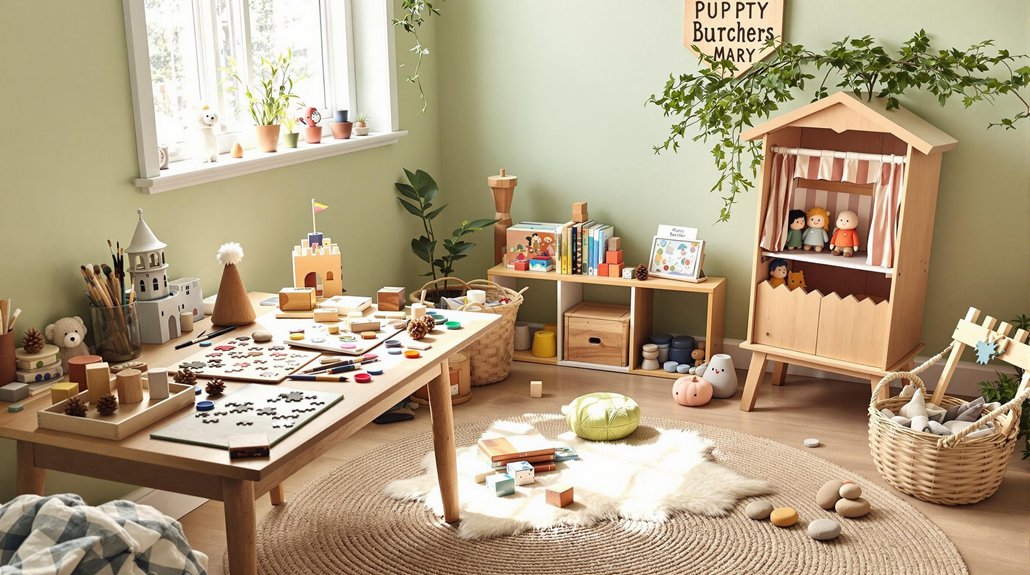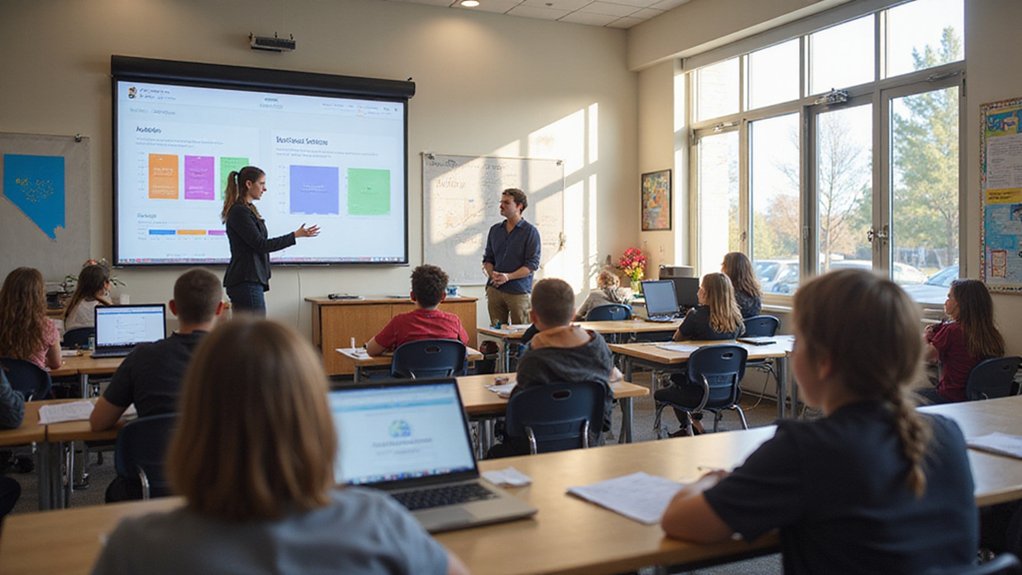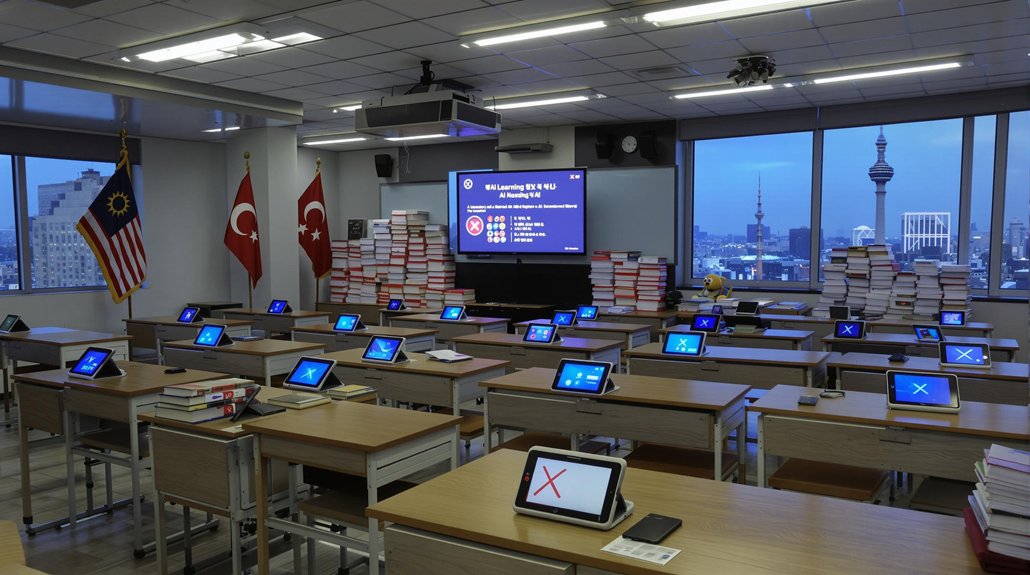Children thrive in analog environments away from screens. Studies show traditional play supports cognitive, physical, and social development in significant ways. Board games teach strategy and graceful winning. Outdoor activities improve physical health. Face-to-face interactions foster essential social skills often missing in digital experiences. Family bonding strengthens through shared analog activities. Screen time has tripled since 2013, making unplugged experiences more valuable than ever for today’s youth.
In today’s digital world, children are finding valuable respite in analog activities. Research shows that traditional, hands-on play creates significant benefits for children’s development that screen time can’t always provide. These offline activities form what experts call the analog home learning environment, which supports multiple areas of growth.
Studies indicate that analog activities like board games, reading physical books, and outdoor play are linked to better socio-emotional outcomes in toddlers. Preschoolers who engage in these activities often show more prosocial behaviors than peers with primarily digital experiences. When children play board games, they learn reciprocity, strategy, and how to win or lose gracefully.
Children who engage with analog activities develop crucial social skills missing from digital experiences—learning to share, strategize, and handle both victory and defeat.
Cognitive skills also flourish in analog environments. Traditional games improve logic and reasoning abilities, while shared reading develops early analytical thinking. Pretend play with physical toys teaches complex concepts like understanding others’ perspectives. These activities create a foundation for academic success in language and math.
Physical development benefits enormously from analog play. Children who spend time outdoors experience improved heart, lung, and muscle development. Movement-based games build confidence in physical abilities, particularly beneficial for children with autism. Less screen time naturally creates more opportunities for active play and sports. Mobile device usage among young children has tripled since 2013, creating an urgent need for analog alternatives.
The social advantages of analog activities are equally important. Face-to-face interactions foster joint attention and shared experiences. Children practice turn-taking, verbal communication, and collaborative skills through games and cooperative play. These real-world social interactions provide essential practice for future relationships.
Attention spans and focus improve through sustained engagement with analog toys and activities. Unlike digital media with constant stimulation, board games require maintained concentration through multiple turns. Reading together enhances focus and memory retention.
Creativity blossoms in analog spaces too. Open-ended materials like Play-Doh, puppets, and natural objects spark imagination. Unstructured play promotes cognitive flexibility and creative problem-solving. These spaces also strengthen family bonds, creating quality time that builds emotional closeness and shared memories across generations. Research consistently demonstrates that the quality of analog HLE is strongly associated with children’s socio-emotional competencies and their ability to self-regulate emotions.









